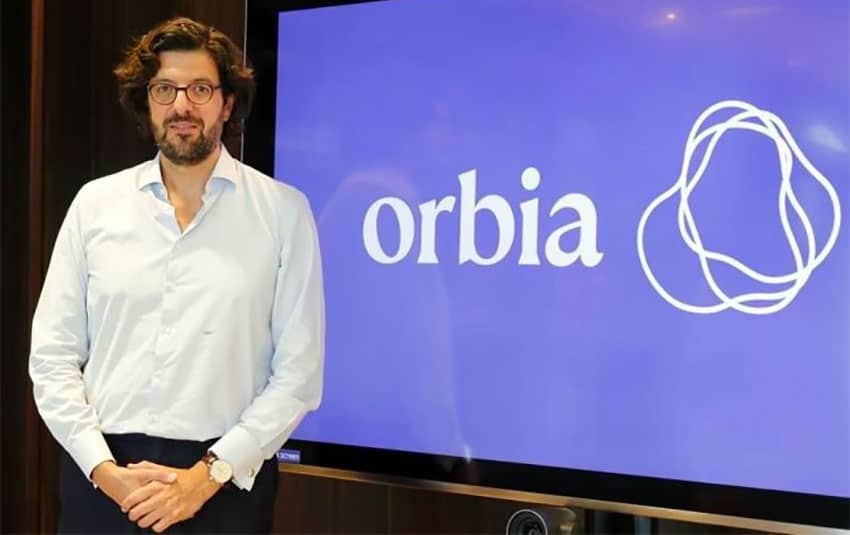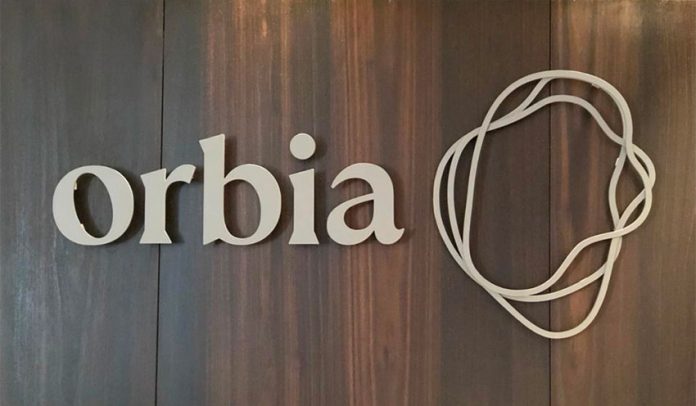At the start of this year, Mexican conglomerate Orbia was poised for a landmark divestment. The company, which makes almost all the famous soles for Doc Martens footwear and a quarter of the world’s turntable records, planned to exit one of its core businesses: vinyls.
The negotiations between Orbia and Apollo Global Management on a deal came close to completing — part of the 68-year-old company’s ambitious shift to focus less on legacy businesses and more on people and the planet.
Under high-profile chief executive Daniel Martínez-Valle, a former government official and entrepreneur, the company had changed its name from the more solid Mexichem to the trendier Orbia and adopted a new mission statement: “to advance life around the world.”
Vinyls and plastics had jarred with that ambition and Orbia’s drive to focus less on chemicals and more on agriculture, water and infrastructure.
But at the 11th hour, the company balked on the vinyls sale. The deal was off and Martínez-Valle left. Orbia’s financial results released late last month showed why.

Overall, its 2020 performance beat market expectations. But vinyls was the standout. Accounting for just over a third of group revenues, its operating income surged nearly 300% in the fourth quarter, and earnings before interest, tax, depreciation and amortization leapt 86%.
“Today, the vinyls business is printing money,” said one person with knowledge of the failed transaction, adding the sale “would have left money on the table.” Orbia and Apollo declined to comment.
Orbia’s billionaire patriarch, 82-year-old Antonio del Valle, made his name in banking before president José López Portillo nationalized the sector in 1982. He switched into industry, building Mexichem within a quarter of a century into a major global chemicals and petrochemicals businesses.
Analysts believe the shrewd businessman ultimately could not accept the price. Orbia had discovered that when it came to ditching a highly lucrative legacy businesses, breaking up is hard to do.
Orbia’s positioning of environmental, social and governance (ESG) values at the core of its operations made it a trailblazer among Mexican corporates. So does the collapse of the vinyls business sale show that, when the rubber hits the road, ESG is the first thing to go?
“I don’t think it is,” said Graham Stock, emerging markets sovereign strategist at BlueBay Asset Management, which is part of the Climate Action 100+ and other investor groups holding companies to account on ESG. “But it’s part of a suite of factors that companies take into account. The bottom line is the dominant factor everywhere.”
Orbia has been through transformation before. It began life in 1953 as a steel cable company, but exited that business in 2005 a year after acquiring a hydrofluoric acid producer — used in Teflon, refrigerants and medications. It later expanded further into chemicals, PVC pipes, irrigation equipment and other industrial supplies.
With Sameer Bharadwaj newly installed at the helm, Orbia says it has no intention of abandoning its focus on ESG — indeed his pay contains a “strong component” tied to delivering on these issues.
But Bharadwaj, an Indian with a doctorate in chemical engineering, an MBA from Harvard Business School and a hobby as an astronomer, talked more in the analysts call for the recent results about delivering sustained earnings and unlocking shareholder value than doing well by doing good.
His focus, people familiar with this style say, is less flashy and more about delivering. That might reflect a need to boost a share price that remains stubbornly below its level in March 2018 when Mexichem kicked off its transformation. At that time, its stock was trading around 56 pesos (US $2.71); now it is at 49 pesos.
Bharadwaj previously led Orbia’s vinyls and fluorspar mineral divisions. He knows the vinyls business is cyclical. Things are booming now because a supply crunch has boosted PVC prices. Orbia is one of the world’s top producers of speciality PVC.
As such, he was careful never to say never to a sale. But he told analysts the outlook was solid and there was more value to unlock for shareholders, adding “we won’t be in a rush, but we will explore joint ventures and other opportunities.”
Orbia is not ditching its green goals — but with a vinyls business that insiders say is doing “insanely well,” business logic is proving hard to ignore.
© 2021 The Financial Times Ltd. All rights reserved. Please do not copy and paste FT articles and redistribute by email or post to the web.
